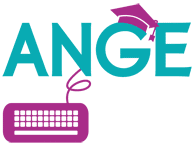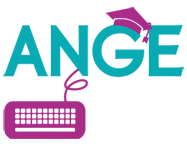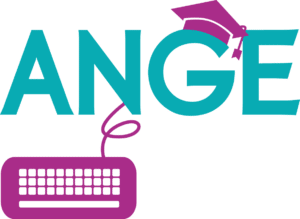What is the Classlab concept ?
A classlab is most commonly defined as a place of educational experimentation based on a partnership between a university or research team on the one hand, and a primary school, college or high school on the other. Researchers may observe the behaviour of pupils, teachers or educational staff in working situations, test teaching methods and participate in teacher training. This dynamic of collaborative work between universities and schools is made possible within the framework of funded projects or following the signing of partnership agreements between institutions.
Definition
The classroom is, in essence, a closed universe dedicated to collaboration and exchange between a teacher and his students. Not everything that happens in the classroom is accessible to the average person. In the same way, a researcher who questions subjects related to education cannot enter a classroom as he or she wishes and therefore encounters difficulties in collecting data on its functioning. It is therefore understandable why the main ethnographic fieldwork carried out in schools is carried out by pedagogues who are preparing a dissertation or a thesis.
There are, however, two systems that allow work between academics and teachers in schools, colleges or lycées: the labschool and the classlab. What are these two systems ?
The labschool – or laboratory school – is a model that is now starting to become well known. It was devised by the philosopher and pedagogue John Dewey. It is a school set up on the premises of a university or run by researchers, allowing them to enter the classroom at will to study the behaviour of students and teachers. They can test teaching methods or observe their implementation. Finally, it is a place for teacher training and the exchange of good practice. Daisy Grand’s film One School, Emotions captures this perfectly by exploring a Toronto labschool. More recently, a labschool was opened in France on the initiative of a team of academics concerned about the issue of educational innovation. It remains, and this is an important point, that labschools are most generally projects focused on early childhood and the use of alternative methods such as Montessori, Freinet or Steiner-Waldorf pedagogies, which have been updated and refreshed in recent years in the light of new issues such as the reconfiguration of classrooms or the introduction of digital technology in schools.
Then there is the classlab – or classroom laboratory – which is a model based on a partnership between, on the one hand, a university and, on the other hand, a primary or secondary school . Here again, researchers may observe the behaviour of pupils and teachers in working situations, test teaching methods or analyse their implementation and, of course, participate in teacher training. The big difference with the labschool is that the partner institutions are autonomous and distinct and their collaboration is established through participation in a funded project or partnership agreement.
Experiences from Classlabs
- The European Eramus+ ANGE project is part of a classlab project dynamic and is financed over the long term. It brings together four secondary schools (in Belgium, Bulgaria, Finland and France), three university teams (from Spain, France and Romania) and a team of trainers from the CEGEP de la Pocatière in Quebec, who are working together on how to integrate digital technology into pedagogy [archive] and on the effects of digital innovation on the management of the schools concerned. This raises the question of the equipment available for conducting experiments and generating innovation (computers, tablets, but also furniture). It also raises the question of the types of teaching methods to be implemented (reverse teaching, workshops, project-based teaching, etc.). It also raises the question of the position and positioning of the players in the school in the “governance” of the innovation project, teachers and, above all, the management of the structure.
The partners of the ANGE project have thus gradually developed their understanding of the concept of classlab, starting from one place and arriving instead at a dynamic of experimental accompaniment which is experienced in several physical (the experimental establishment, but also the transnational meetings) and virtual places, through distant meetings and punctual webinars of experts, which come to nourish the reflection of the collective on specific aspects.
- In 2018, the Gironde Catholic Education Department inaugurated a regional classlab project. The primary objective of this “classlab Bordeaux” (CLB) is to offer innovative teams a place and an approach to support both to carry out their project and to facilitate the development of skills of these committed players. Collaboration with researchers and peers trained in research feeds this support and facilitates the reciprocal exchange of knowledge. The CLB experiment will continue in 2021 and will gradually become a new modality of professional development for education stakeholders in the diocese of Gironde.



